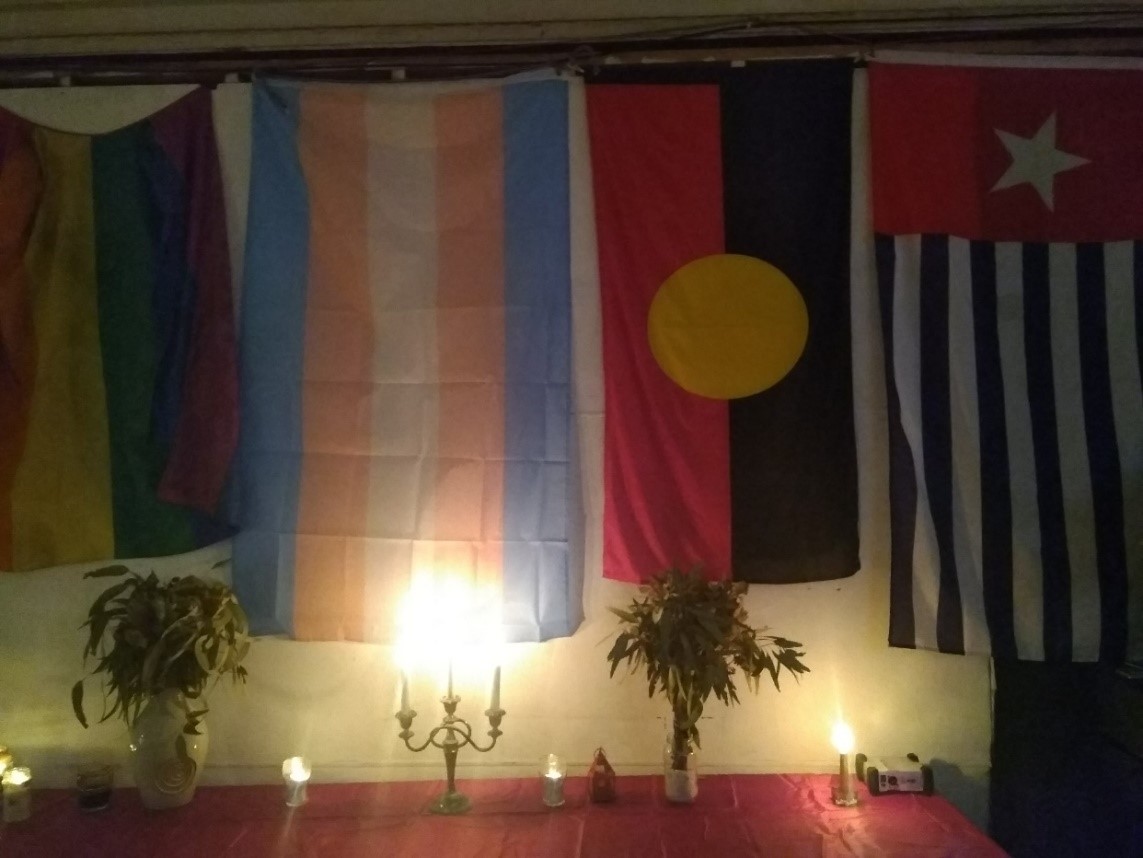On any given weekend in Melbourne you are likely to find people gathered together in backyards and squats raising funds and sharing an evening of solidarity in the face of a society they feel is failing them.
Hidden from the prying eyes of the council and police, local bands play, people sell food and drink and art is auctioned off for a cause. But it is all done underground: three people were interviewed for this story, and all wanted their names, organisations and causes withheld.
Rick attended his first DIY fundraiser back in 2013, and the night left a lasting impact on him.
“The thought had never crossed my mind that you could just do this sort of thing,” he says.
Having recently started research into the conservation effort for the Gilbert’s Potoroo, one of Australia’s smallest and rarest mammals, Rick thought ‘we’ve got to do something about this, we can just run our own event.”
He is due to hold his 12th fundraiser later this month, this time raising funds for the Djab Wurrung Heritage Protection Embassy. Other causes have included the Strathbogie Forest protection campaign and paying off the fines activists have received while taking front-line action on coal.

Nat works with an organisation that caters for events that range from grassroots to NGOs. She catered for five events in June alone, taking paid events from NGOs to subsidise the more DIY ones.
“I prefer to work at events like this where you can scrounge together, and get a sense of everybody chipping in,” she said.
Essential in such events is an acknowledgement of country, as is the notion of ‘radical inclusion’ or ‘safe spaces’. This means non-binary and gender-fluid people are welcomed, as well as ensuring people of differing capacities are regarded as well.
“We have quiet areas that are alcohol free and enough volunteers so we can run a ‘wellness crew’ to keep an eye on things and are available to talk to … [should anyone feel overwhelmed or unsafe],” said Izzy, another organiser.
For all this, basically everything mentioned above is illegal.
Rick and Izzy tried to include the local community through flyers and going door-to-door in the neighbourhood but this ultimately led to trouble last year when they had a call from the local council telling them to call the event off.
“They said we’d be slammed with some charges, it was made to be deliberately threatening.”
Trying to reach a compromise, they discovered that if you accepted a donation for an event, and provided food in any capacity, that was illegal event in the eyes of Darebin council, as was the playing of any live music without a permit at any volume level. Acquiring a permit would take more than a month.
So why not take the legal route?
Izzy said it would drive up costs beyond the point of feasibility, and would necessitate higher prices and a reliance on alcohol to turn a profit.
The address for the event attended by Hatch was made available only through an SMS tree, to minimise the chance of the event being shut down.
Nat, for one, said she was tired of the scrutiny.
“For God’s sake, it’s a fundraiser! We’re cooking food and listening to beautiful music. Where else can you do this shit?”


